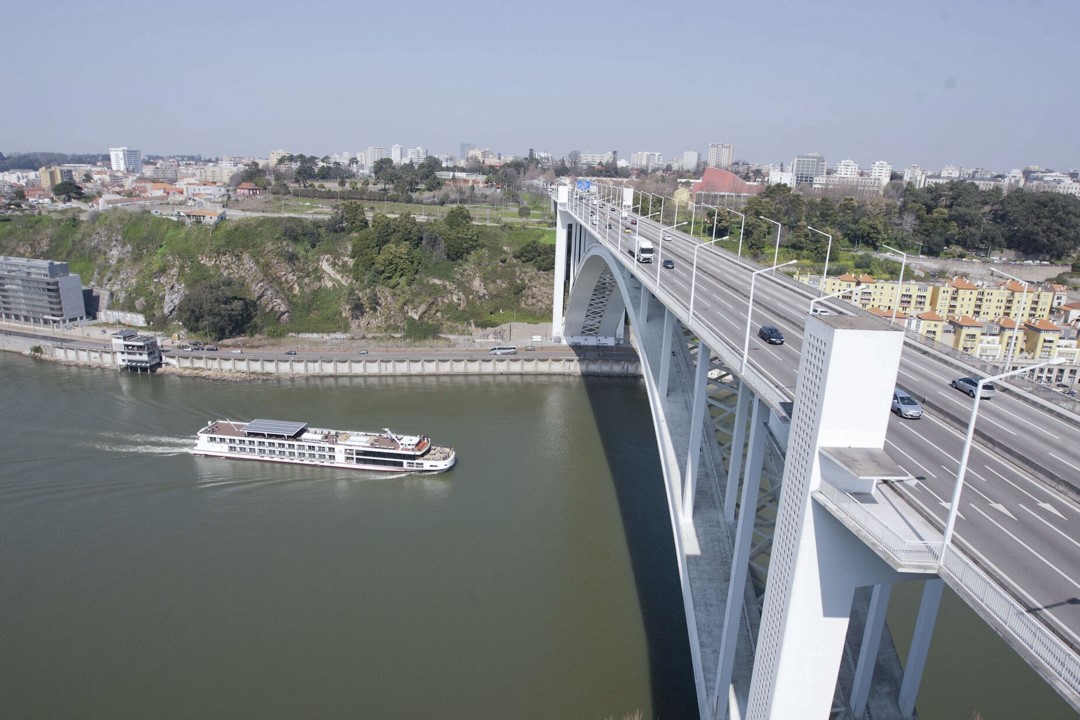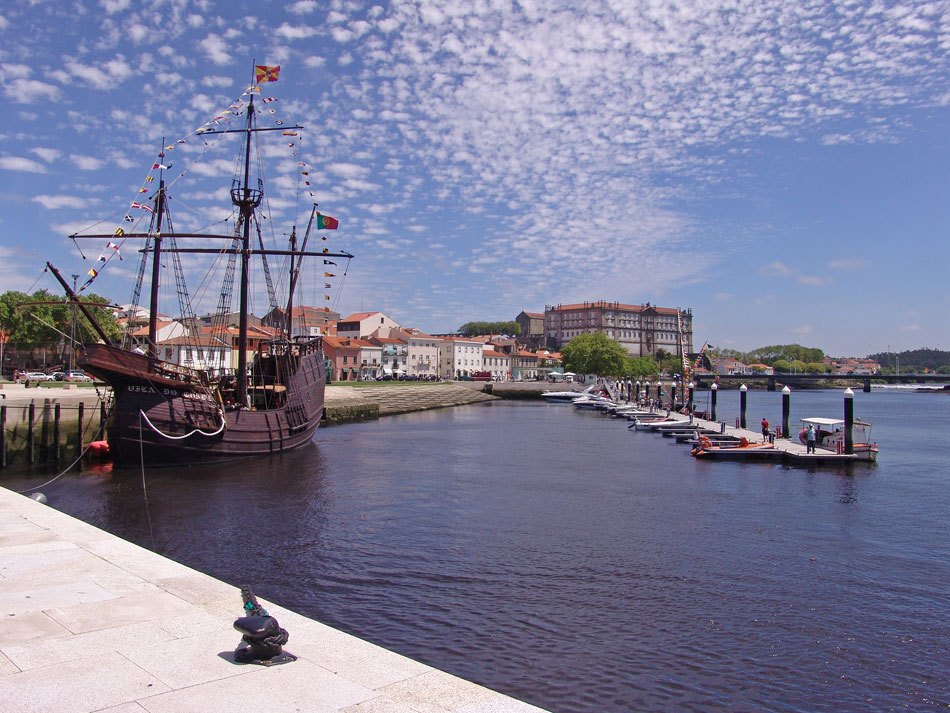Guardianship guarantees its own residual station on Portuguese hotel ships, but not on foreign ones. Captaincy issued five notices. Waste collected by tanker trucks is dumped into the sewer system.
In the first half of this year alone, there were 11,322 trips on the Douro River, including hotel ships, day cruises or pleasure boats. There are 132 more than registered last year. And, although the Ministry of Economy and the Sea guarantees, to JN, that “hotel ships flying the Portuguese flag all have their own wastewater or sewage treatment system”, the same cannot be said about foreign cruises operating in the Douro. António Costa Silva's office says that they are certified "as local auxiliary vessels", but the "construction process does not pass through Portugal", not ensuring that they have a similar system.
Read the full text here.
Source: Jornal de Notícias / Image Credits: Pedro Correia – Arquivo Global Imagens




